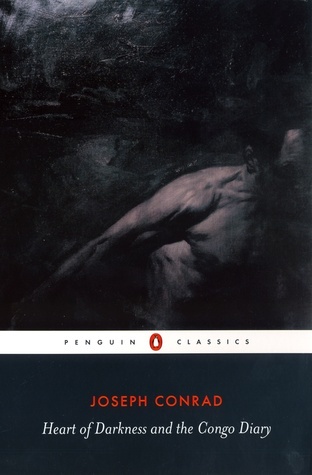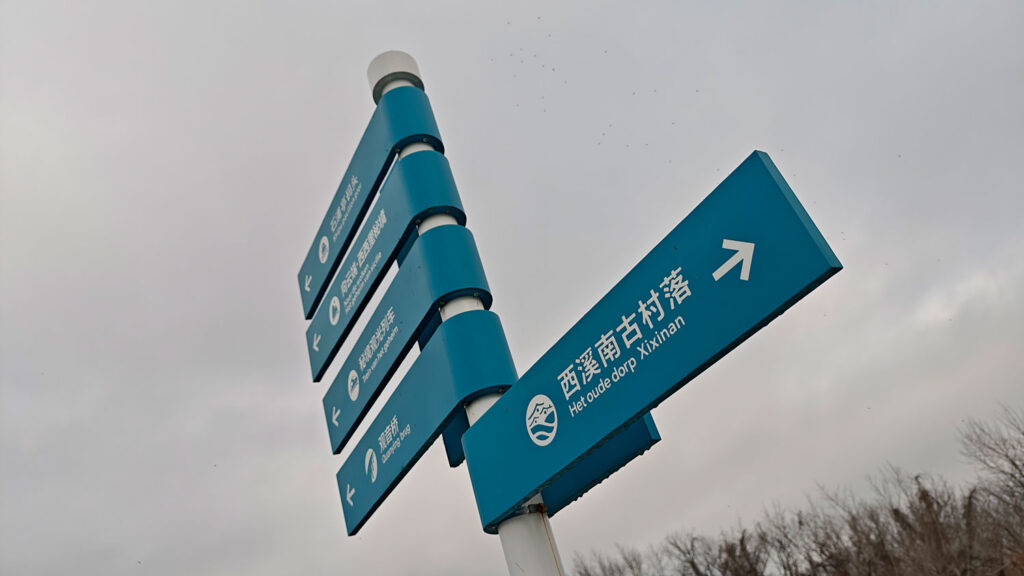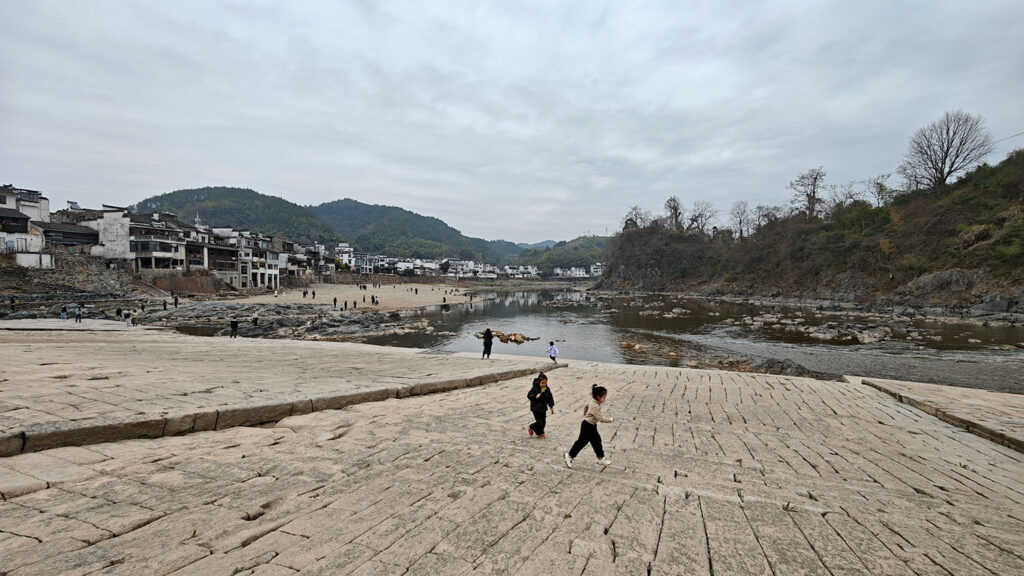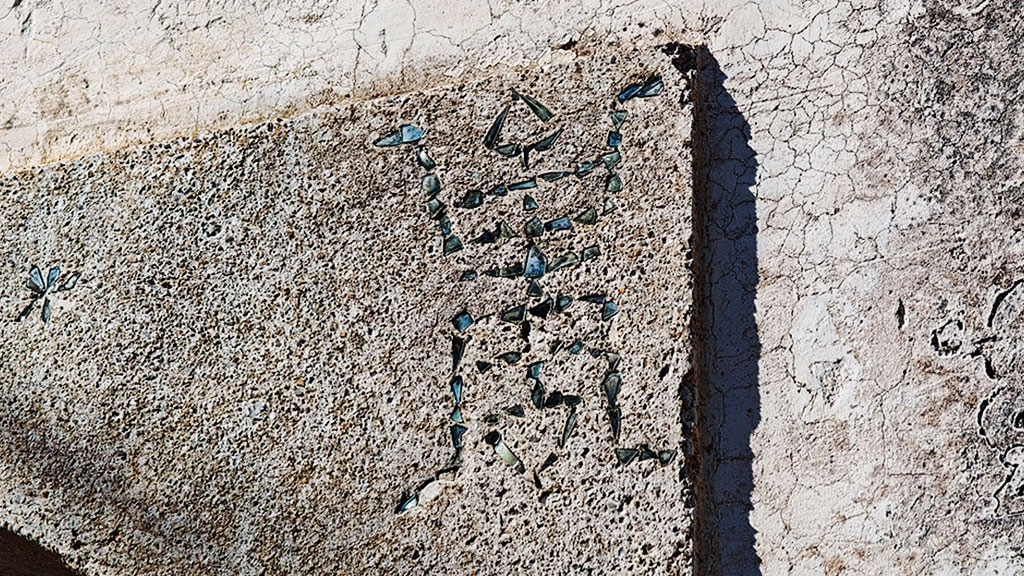
“If you were man enough you would admit to yourself that there was in you just the faintest trace of a response to the terrible frankness of that noise, a dim suspicion of there being a meaning in which you—you so remote from the night of the first ages—could comprehend. And why not? The mind of man is capable of anything—because everything is in it, all the past as well as all the future. What was there after all? Joy, fear, sorrow, devotion, valour, rage—who can tell?—but truth—truth stripped from its cloak of time. Let the fool gape and shudder—the man knows, and can look on without a wink. ”
It’s this paragraph so powerful that made me feel Conrad wrote Heart of Darkness just for the purpose of these immortal lines. He takes us to a now forgone place, an impossible place. It’s nineteenth century colonised Congo, and deeper yet inland, far away from civilisation and its conventions and constraints. We meet the civilised savages, and the native tribes, far different from what we know.
We read part fiction, part Conrad’s personal experience of the trip he made himself in Congo. It’s his personal experience that makes this book come alive and the mental image he creates is strong. I can hear the jungle birds and smell the ooze. Conrad explores the human psyche through the jovial, innocent and at times ignorant Charlie Marlow. His responses to the unknown world and the terrors of colonialism are ours.
Even though the pages are filled with symbolism, metaphors and long-winded rambles, the prose is light and impeccable. This is a book I would have hated if I was forced to read it in high school, but now in my late twenties with more life experience, I can understand the colossal status to which this has grown.



